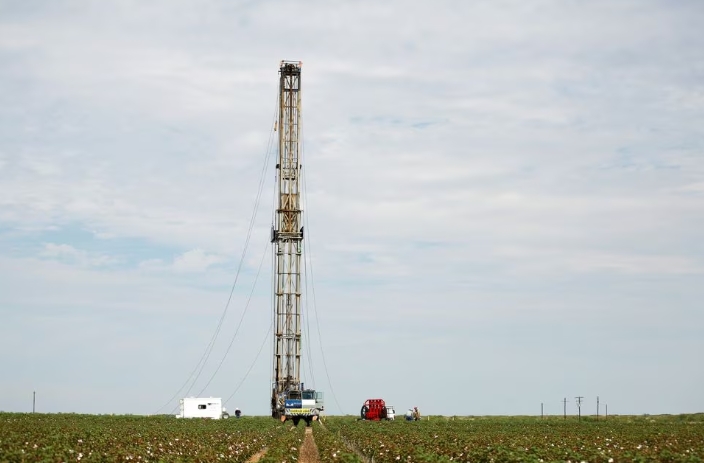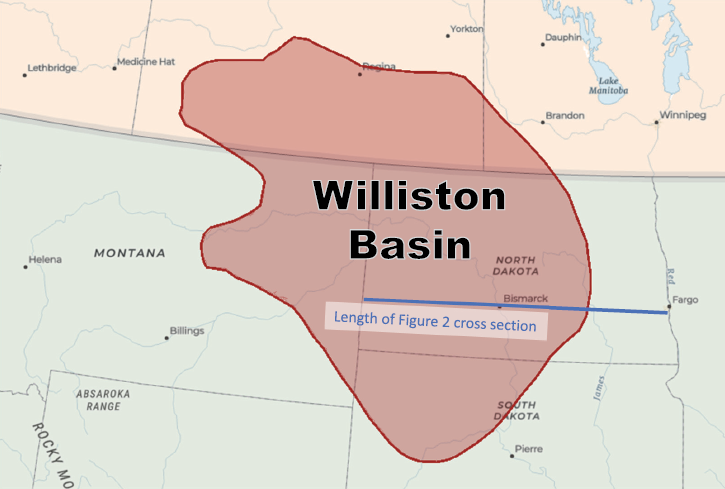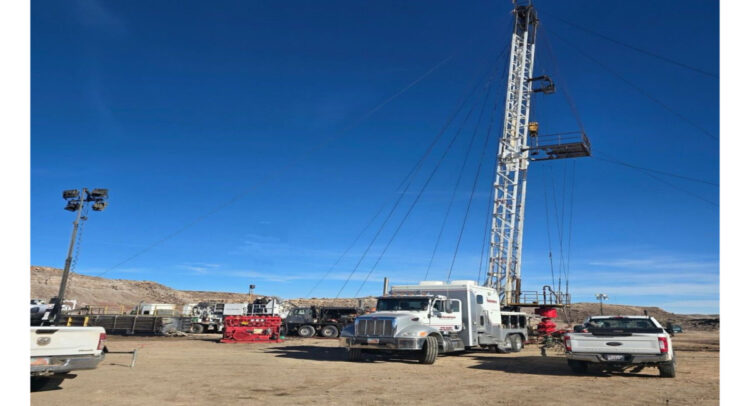
The oil and gas rig count, an early indicator of future output, fell by four to 619 in the week to Oct. 6, the lowest since February 2022. , ,
Baker Hughes said that puts the total rig count down 143, or 19%, below this time last year.
U.S. oil rigs fell five to 497 this week, their lowest since February 2022, while gas rigs rose two to 118.
U.S. oil futures were up about 3% so far this year after gaining about 7% in 2022. U.S. gas futures , meanwhile, have plunged about 26% so far this year after rising about 20% last year.
In the Permian formation in West Texas and eastern New Mexico, the nation's biggest shale oil basin, drillers cut three rigs this week, bringing the total oil and gas count down to 309, the lowest since February 2022, according to Baker Hughes.
Drillers have cut active rigs for three quarters in a row in a delayed response to the sharp drop in prices since the middle of 2022. While oil production has recovered to pre-pandemic levels, its growth has slowed as it takes on average about 12 months for a change in prices to filter through into a change in output.
Gas output has also continued to grow, also a lagged response to high prices in 2022 and due mostly to increased interest in oil drilling in shale basins that also produce lots of associated gas like the Permian.
The subsequent slump in gas prices, however, has been more severe and is causing a more pronounced slowdown in output growth.
Shale firms have also tried to eke out extra oil output by concentrating the smaller number of rigs on only the most promising well sites and boring much longer laterals which boosts productivity per well.
Top U.S. oil producer Exxon Mobil (XOM.N) is planning to expand its footprint in the Permian and is in advanced talks to acquire Pioneer Natural Resources (PXD.N), the third-largest producer in the basin, sources said on Thursday.







